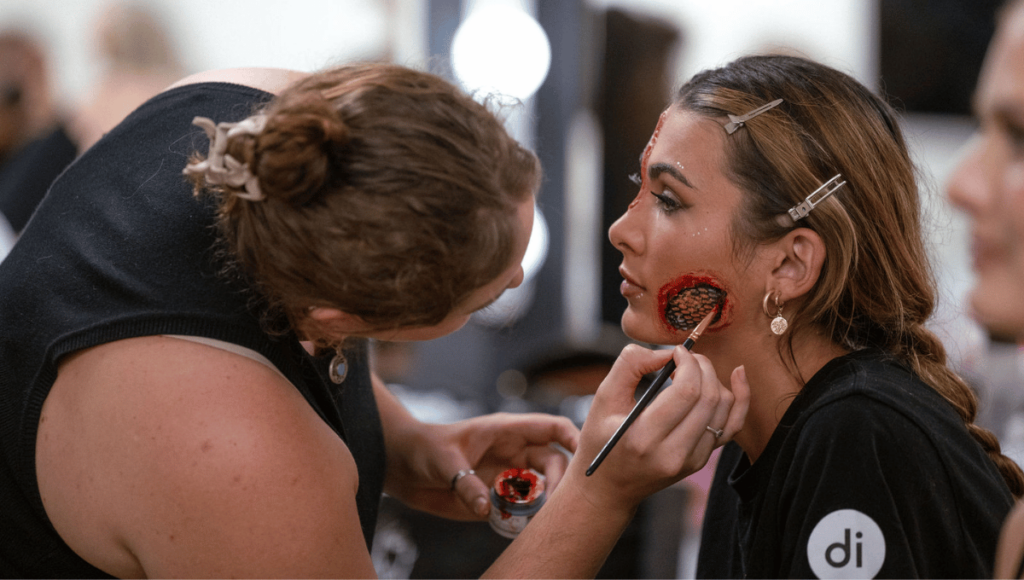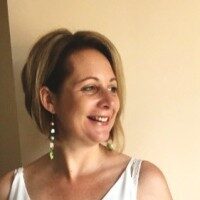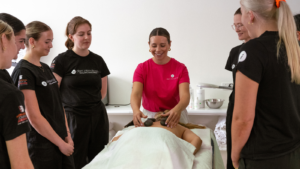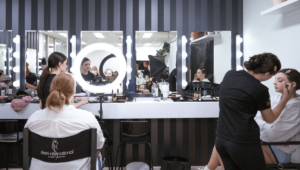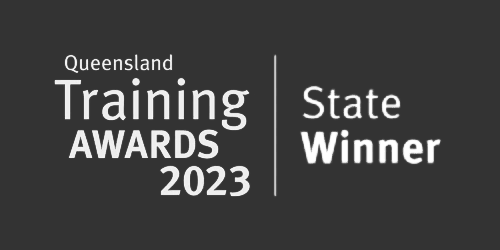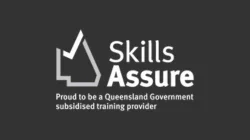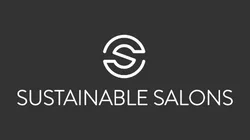Considering becoming a makeup artist but still wondering where the career can take you?
Skills and experience in makeup artistry can open many professional pathways, making it a versatile expertise. And one of the biggest drawcards to this career is the number of ways you can apply your abilities.
In this article, we speak to three Demi International trainers — Chelsea, Melissa, and Nalii —about the career opportunities for makeup artists.
What does a makeup artist do?
A makeup artist designs and applies makeup to everyone, from screen actors to brides. The role is varied, including consultations, brand promotion, makeup application, applying FX prosthetics, determining visual and technical requirements, and, occasionally, hairstyling.
The appeal of working as a makeup artist
Melissa is a qualified makeup artist and brand ambassador who vouches for the diversity and gratification of the profession. “Pursuing this career stemmed from a passion for makeup and glam but has evolved to a love of making people feel beautiful and confident and creating art and characters.“
For Chelsey — a self-employed makeup artist — her career began as a way to offer a complete hair and makeup service that was severely lacking at the time. Today, she loves the freedom and variety that having her own business brings. “I’m the operator, and I work for me,” she says.
Nalii is a skilled special effects artist who knew she wanted to work in the creative field of makeup artistry. “This career gives me the freedom to remain creative, meet incredible people, and work on projects in the film, theatre, and photography industries.“
Interested in a makeup artist career but unsure what it entails? The good news is that this job is diverse, and many opportunities and pathways exist.
Possible career paths for makeup artists
One of the biggest appeals of becoming a makeup artist is the freedom to take your career in any direction. These are just a handful of the possible career opportunities for makeup artists you can explore.
Self-employed makeup artist
Love the idea of working for yourself? Self-employed makeup artist’s clients can include actors, models, brides, and everyday people, working from their salon or travelling. According to Chelsey, the variety of work has been one of her favourite parts of the job. “Some of my most memorable jobs have been Australian celebrities, makeup conventions, and the countless beautiful brides I’ve worked with.”
Special effects makeup artist
These makeup artists — commonly called SFX artists — create special effects on their clients, typically in the film, TV, and theatre industry. Their makeup includes designing and applying realistic scars, burns, horns, and other dramatic effects to clients. “I love the freedom of special effects,” Nalii says. “The genre knows no bounds. There are endless skills to learn and so many directions for self-expression and creative exploration.”
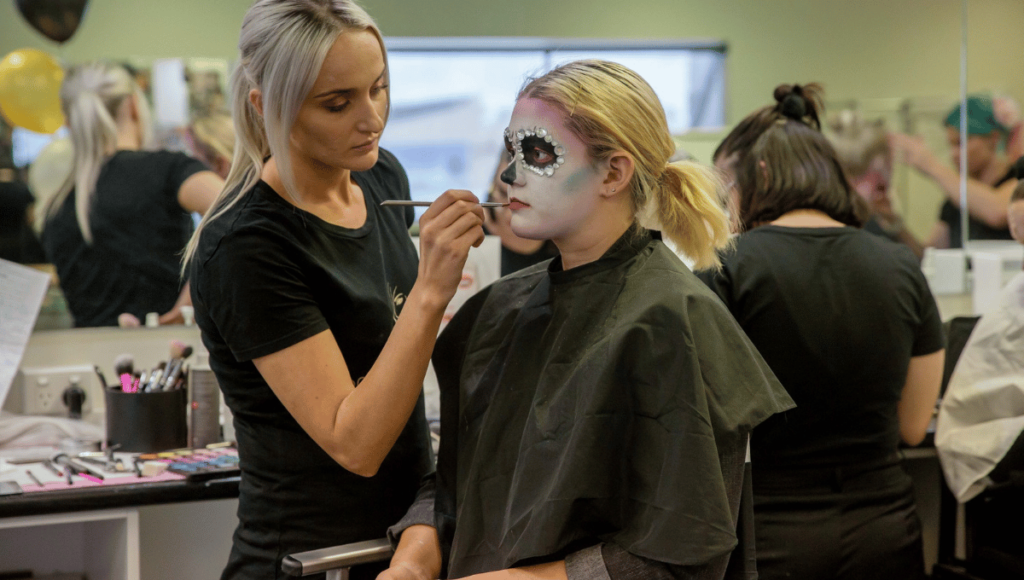
Brand consultant
Brand consultants and ambassadors typically work for a cosmetics company, promoting, marketing, and creating content for them and their products. As a previous Brand Ambassador for Estee Lauder, Melissa now works for Mecca and continues a freelance makeup artist business. “In my job, I receive regular product training to keep me current with makeup trends and maintain a busy freelance business working in weddings, editorial campaigns, and TV and film.“
Additionally, makeup artists can work across many industries. According to Labour Market Insights, these include Retail Trade, Arts and Recreation Services, and Information Media and Telecommunications. Careers in film and television, retail, fashion, and beauty are all possible, depending on your goals and experience.
Becoming a qualified makeup artist
Working as a makeup artist in Australia requires no formal qualifications. However, most professionals have education and training to strengthen their skills. As you build experience, formal training can help you establish a core set of makeup skills and guide you toward the area you’d like to work in.
Credentials like the Certificate III in Beauty with Makeup Speciality – Dual Qualification [SHB30121 & SHB30221] give graduates a broad understanding of beauty and makeup services and opportunities to work across many industries.
Alternatively, makeup artists interested in pursuing a niche career might undertake a specific qualification. For example, the Diploma of Screen & Media (Specialist Makeup) [CUA51020] equips graduates with skills in special effects makeup, prosthetics, and creative hair techniques, allowing them to work on stage and in film and television.
Still trying to decide which area you want to specialise in? “Start somewhere,” Melissa says. “Even if it’s doing makeup on your friends and family. The more you practice, the quicker you’ll improve.”
Strengthening your passion for makeup
As a thriving industry, gaining a qualification in the beauty industry and becoming a qualified makeup artist is a smart move. And while a formal education is ideal, a passion for makeup is the best place to start.
“You’ll always do well when you find what you are passionate about,” Melissa says.
“If you have a love for beauty and creativity, you will excel in any makeup artist career.”

